What is Criminal Virtue?
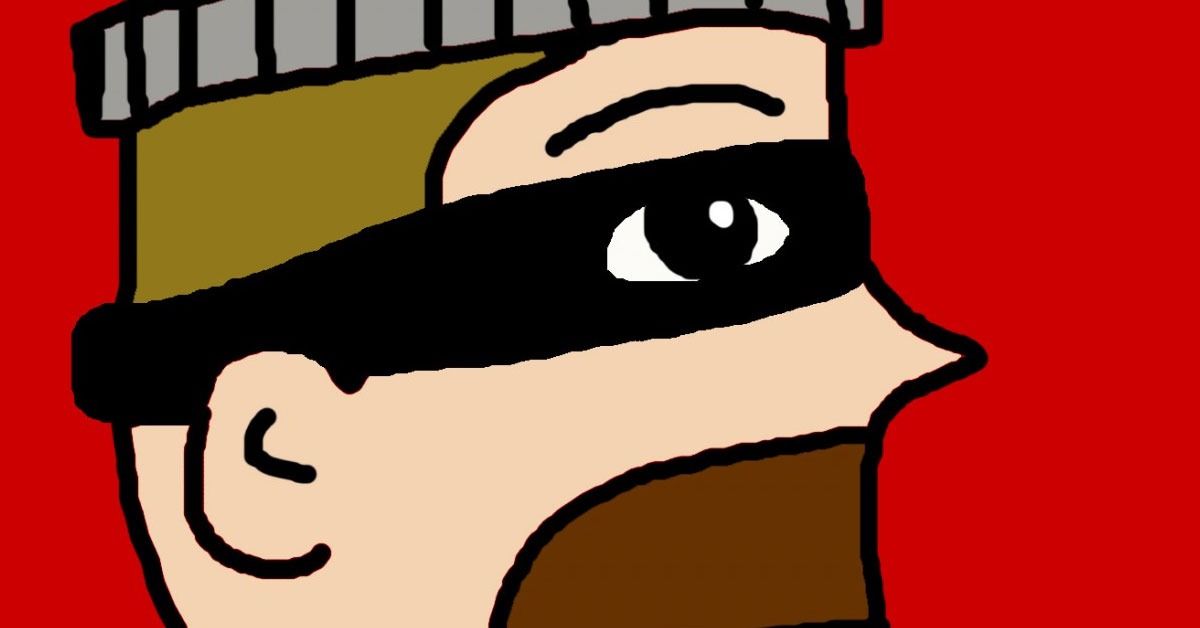
Criminal virtue is a concept eluded to in Machiavelli’s the Prince. It describes calculated “criminal acts” that can help one get ahead in politics.
Thinking is a mental process which allows humans to model the world, philosophy is the attempt to understand the world using logic and reason. The world being both the external and the internal, and both the knowable and unknowable.
For an overview of philosophy see our branches of philosophy page, for an introduction to philosophy check out Reason at Work (Amazon). Philosophy includes everything from economic and political philosophies, to the philosophies of emotions and mind, to cosmological and other other metaphysical questions, to the nature of god and religion, to the very nature of what we can know. Given that every subject has a science and philosophy (with the two often merging, such is the case in theoretical physics or mathematics) we have to be careful not to undervalue the practical aspects of this non-science.

Criminal virtue is a concept eluded to in Machiavelli’s the Prince. It describes calculated “criminal acts” that can help one get ahead in politics.
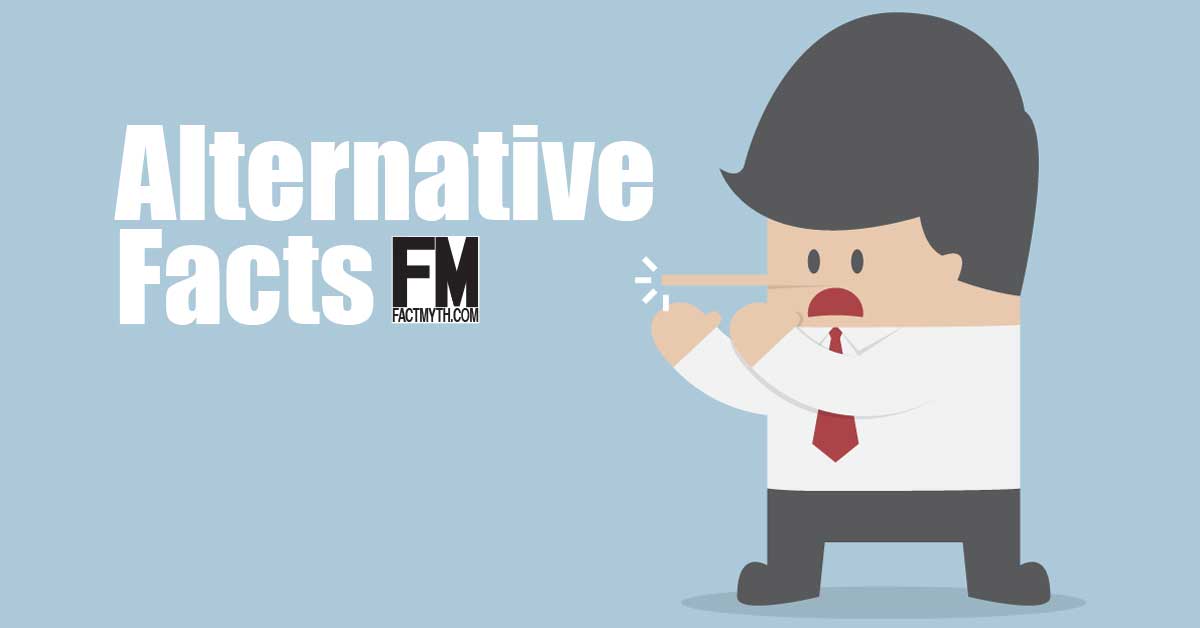
I offer opinions on how to fact-check alternative facts from the perspective of a fact-checker who fact-checks alternative facts. Fact.
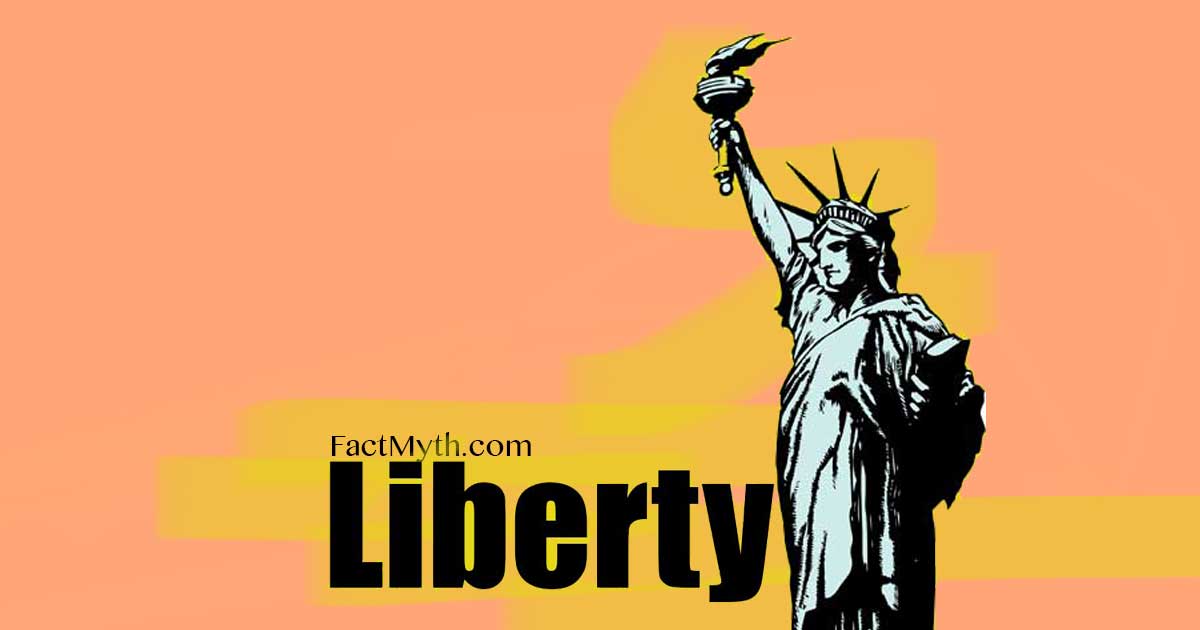
To advance culture philosophically (not just technologically or economically) liberty is required. The major philosophical works came from liberal nations.
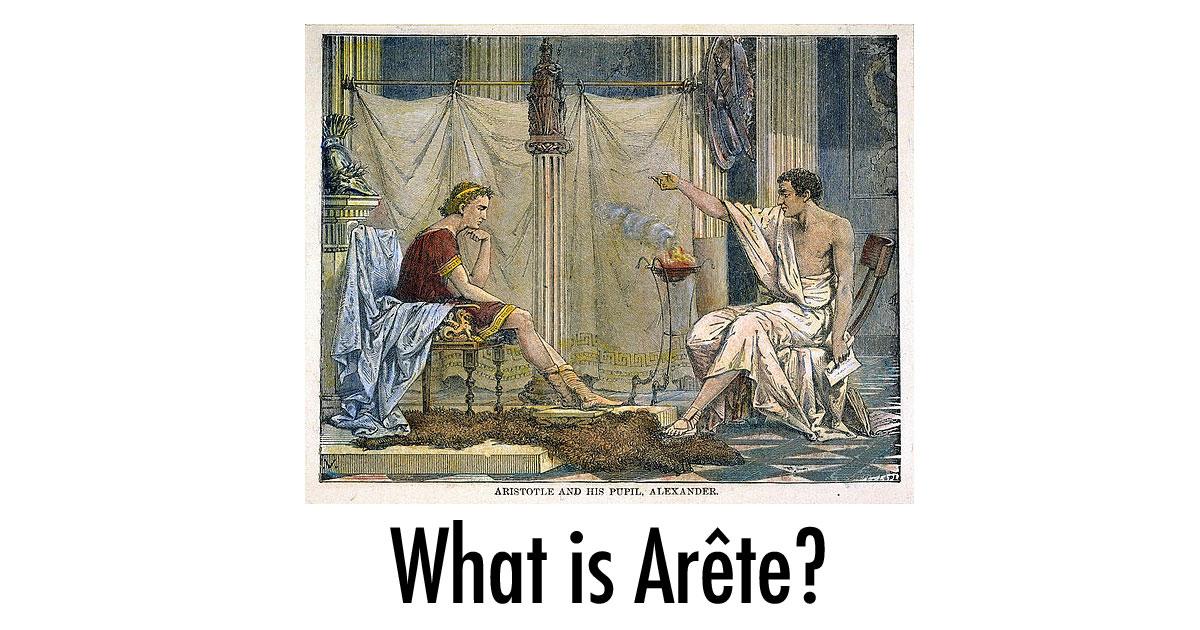
Socrates was Plato’s teacher, Aristotle learned at Plato’s Academy, and Aristotle was the well-paid tutor of Alexander the Great.
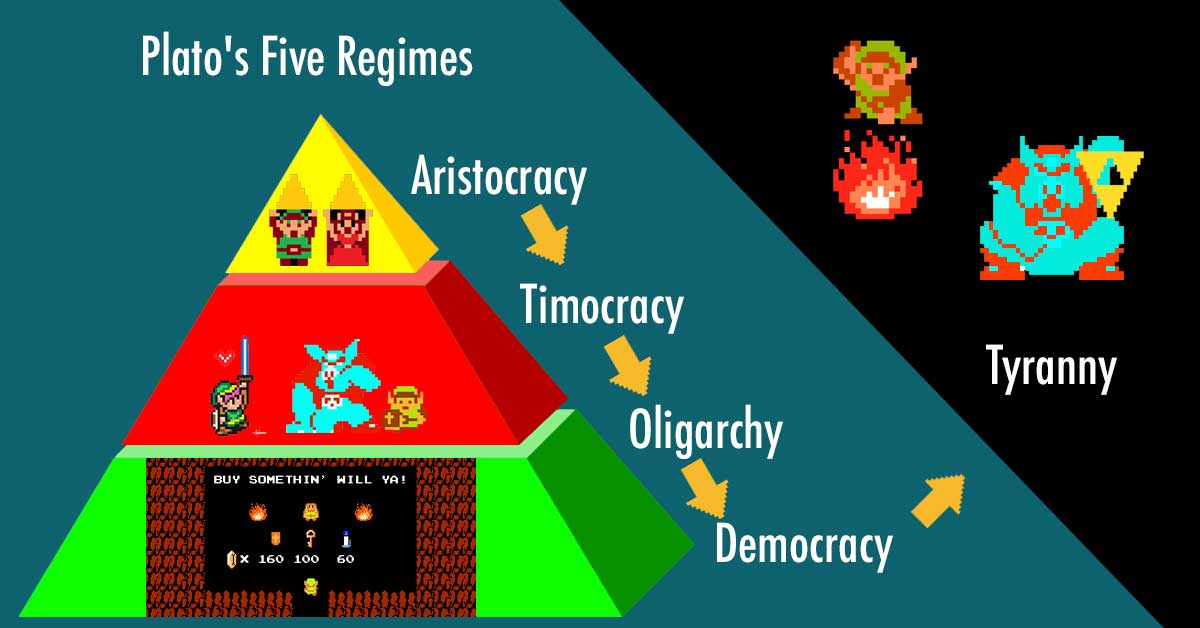
Plato discusses five regimes (five forms of government) in his Republic, Book VIII. They are Aristocracy, Timocracy, Oligarchy, Democracy, and Tyranny.
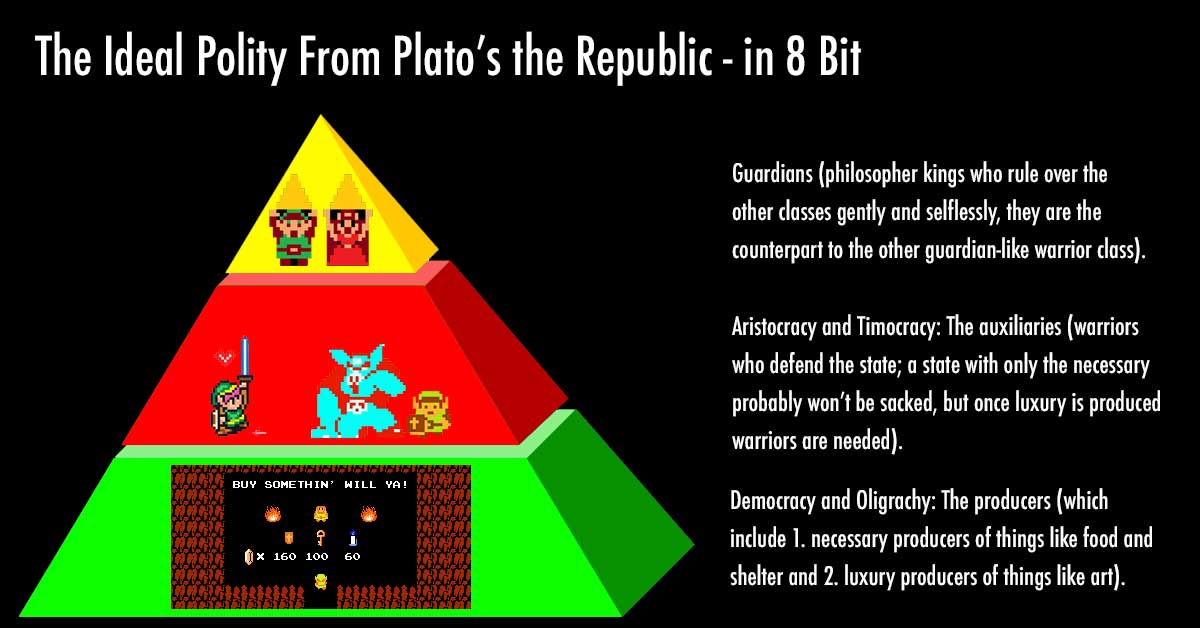
Classically speaking, the term Polity means “a state” (a group of people under a single social contract), but it also implies an “ideal state” (a Kallipolis).
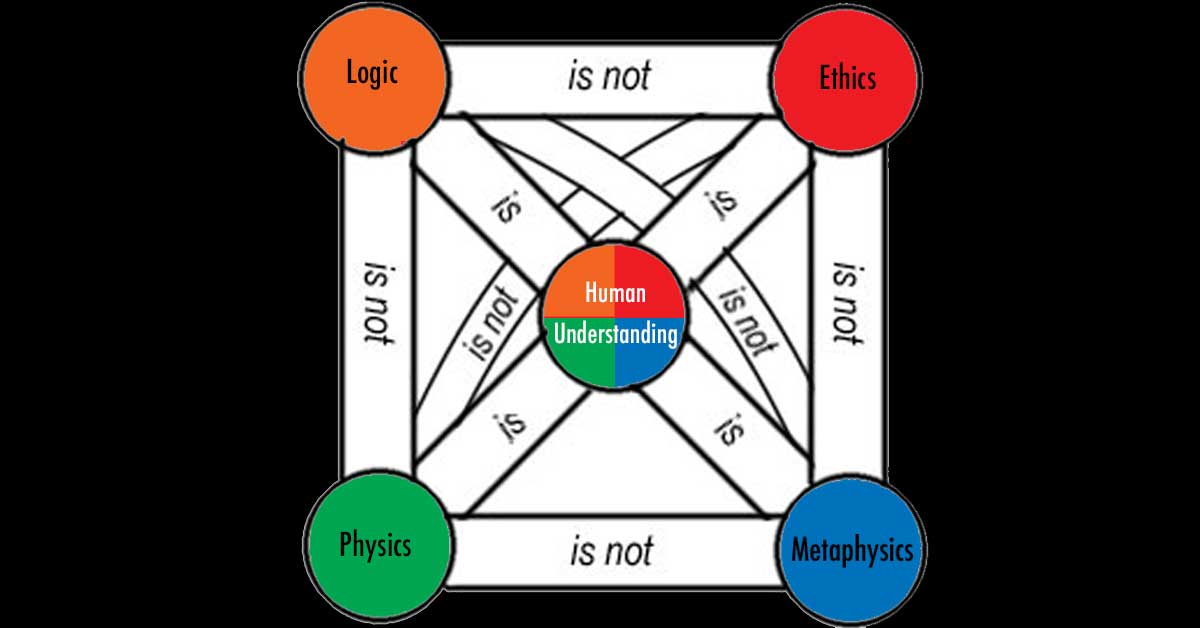
All knowledge, all human understanding, can be said to be of four types: physical (empirical), logical (reason), ethical (philosophy in-action), and metaphysical (pure philosophy).
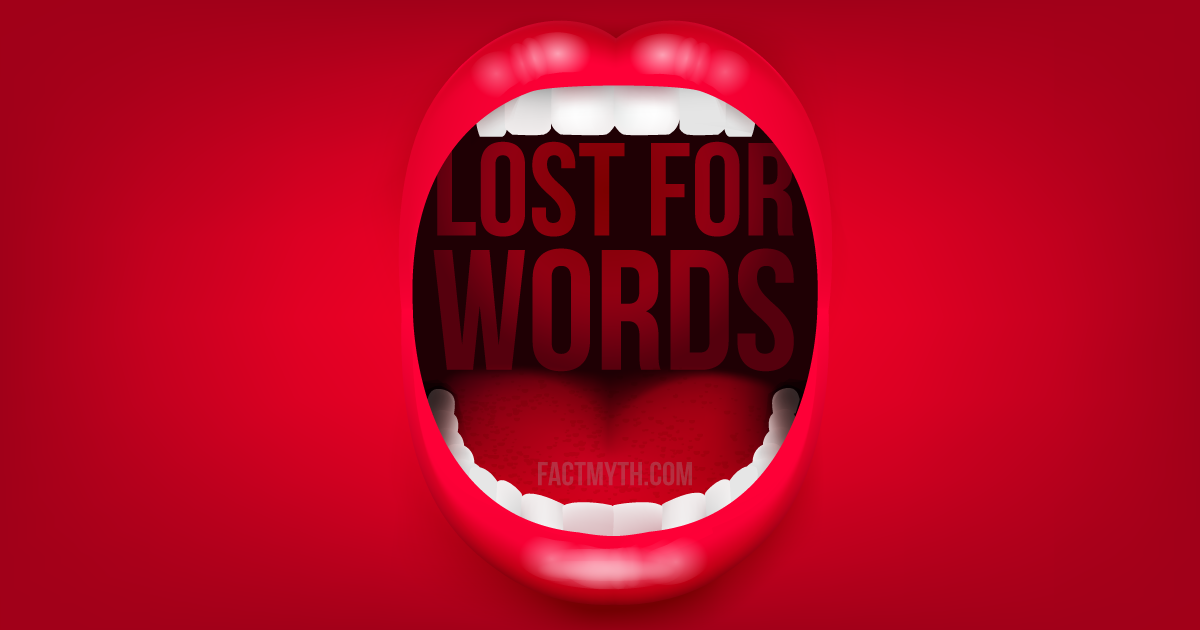
We discuss “giving names to concepts” (defining terms), identifying with terms, be identified by terms, and the implications of this.
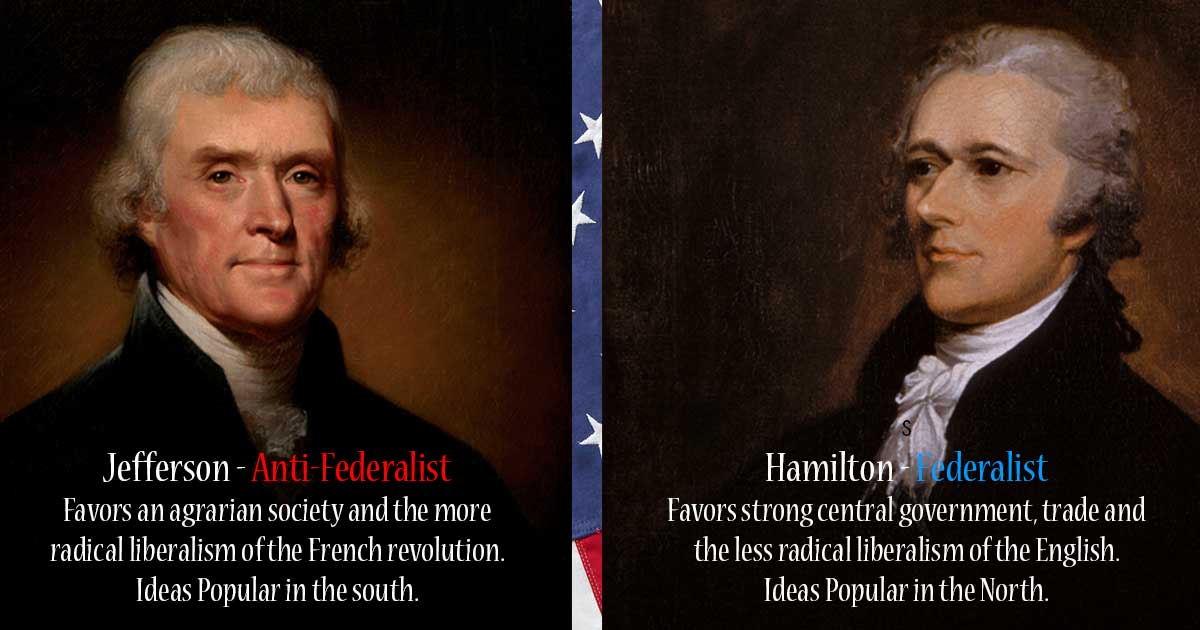
What we call the political left and right are an outgrowth of liberty and the human condition. Once people are free to express themselves, they will create a left and right (because left and right are a reflection of human nature). This is essentially true for any issue or debate, be it national politics, a local community issue or even a family or other small group issue.
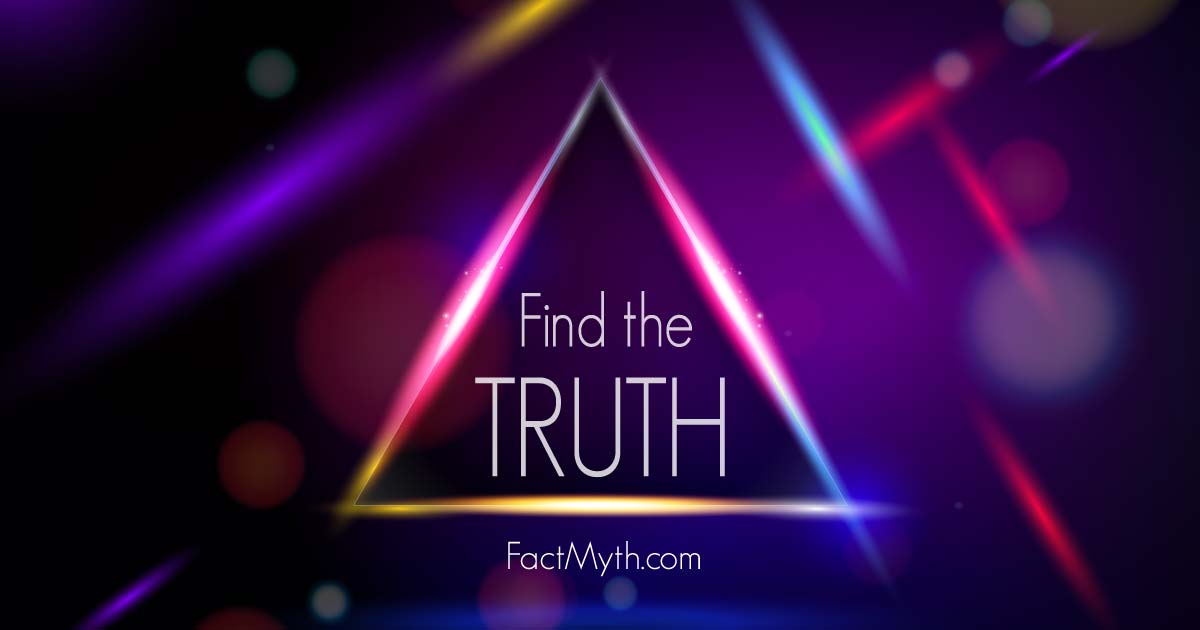
Principles are, in a broad sense, simply rule-sets which we follow. Below we will discuss the importance of different types of principles.